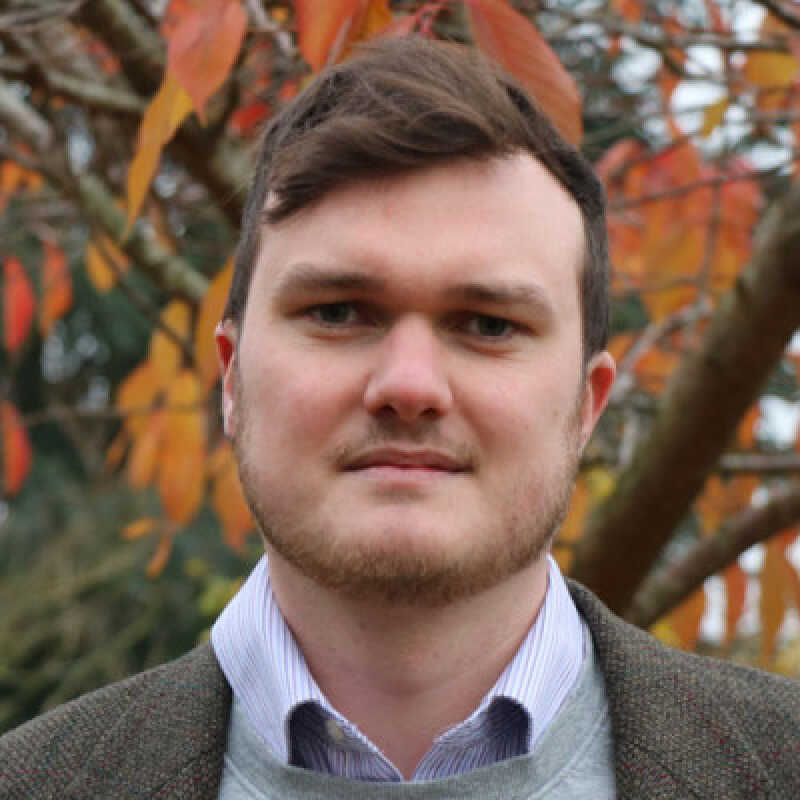- University of Kent
- School of Anthropology and Conservation
- People
- Thomas E. Bell


Tom Bell is a PhD Candidate in social anthropology who researches the climate movement in the Northeastern United States. His research provides unique perspectives on how grassroots social movements are at the forefront of changing public narratives about climate change, articulating systemic alternatives to fossil fuel extraction, and generating discourses concerning the need to centre questions of justice and equity in responses to the climate crisis.
He obtained a BA (Hons) in Social Anthropology (Archaeology and Anthropology Tripos) from the University of Cambridge (Selwyn College) in 2014. His undergraduate dissertation, supervised by Dr Paola Filippucci, was awarded a first with distinction and the Sue Benson Prize from the Division of Social Anthropology. He completed his MA in Social Anthropology at the University of Kent in 2015/16, graduating with Distinction. His MA thesis, supervised by Dr David Henig, was an ethnographic examination of the work of a ‘climate action’ charity in southern England.
During his PhD fieldwork, Tom was a Visiting Scholar in the Department of Anthropology at Tufts University (Medford, MA). His position at Tufts was sponsored by Professor Sarah Pinto.
Funding
ESRC-funded studentship from the South East Network for Social Sciences (SeNSS)
Preliminary PhD Title
Climate Action, Justice, and Responsibility in the Context of the Green New Deal: The Construction of Social Movement Responses to the Climate Crisis in the Northeastern United States.Tom Bell’s PhD dissertation is based on 15 months ethnographic fieldwork undertaken during 2018/2019 with climate activists and organizers in the Northeastern United States. This was a political moment in which the Green New Deal became the dominant framework for U.S. social movement responses to the climate crisis.
Tom’s research explores climate activists’ and organisers’ engagements with the ethical and moral dimensions of the climate crisis in the context of their work to achieve various forms of social, political, and economic transformation across multiple scales. Specifically, he analyses the decision of a grassroots climate movement organization to frame its work in terms of the Green New Deal, a wide-ranging proposal to combat the climate crisis through an assemblage of decarbonization, job creation, tackling economic inequality, and addressing social, racial, and environmental injustices. In so doing, he argues that the concept of responsibility can help to anthropologically elucidate and compare the ways in which social movements construct political responses to the climate crisis.
Tom’s work focuses on the interplay between moral injunctions to ‘take responsibility’ for the climate crisis, the ethical scales of climate action, discourses of urgency and emergency with respect to climate change, formulations of climate and environmental (in)justice in the U.S., and techniques of political organising in social movements. He also examines how these issues intersect with culturally rooted practices of citizen activism and longer cultural histories of progressivism in the Northeastern United States, U.S. histories of social movements and settler-colonialism, and American racial politics.
Supervisors
Presentations of Research
Loading publications...
Showing of total publications in the Kent Academic Repository. View all publications